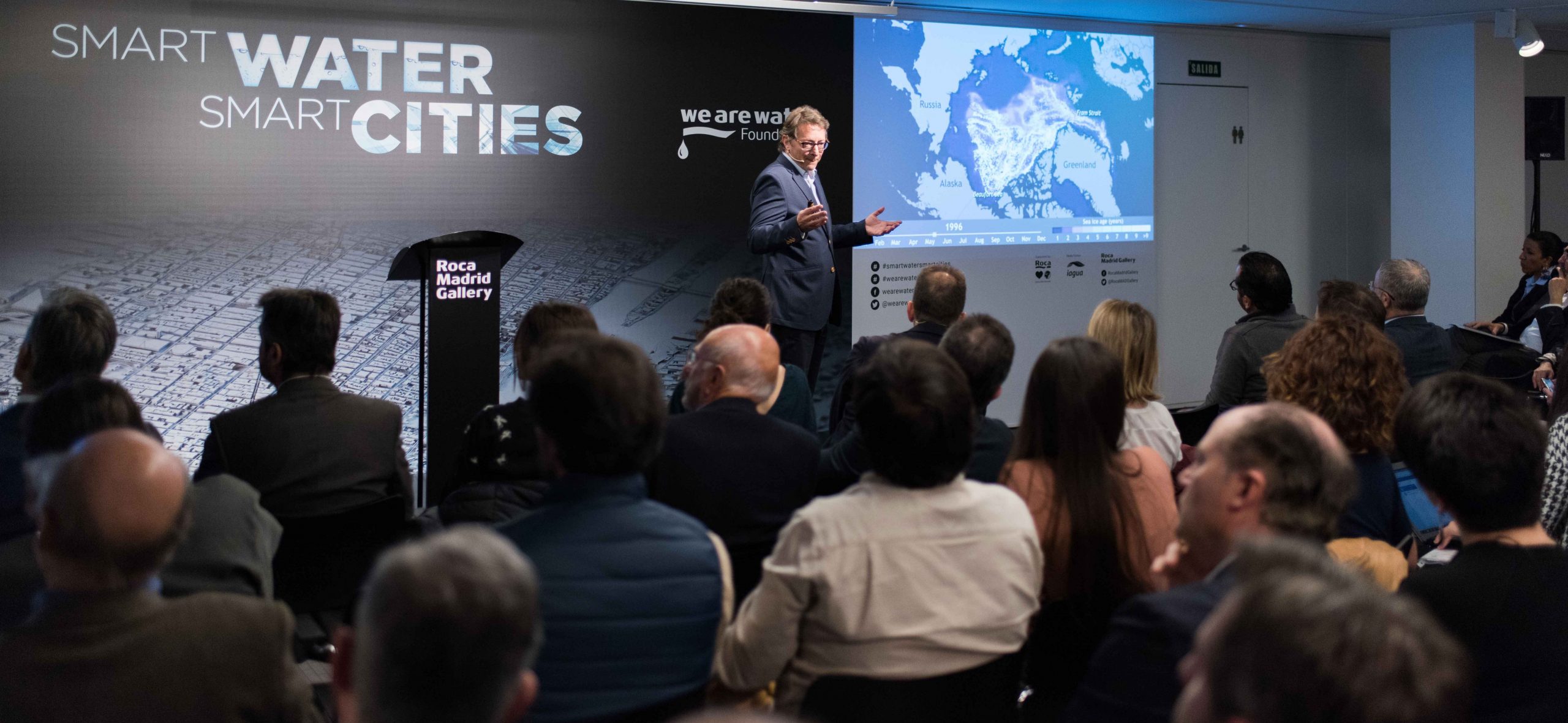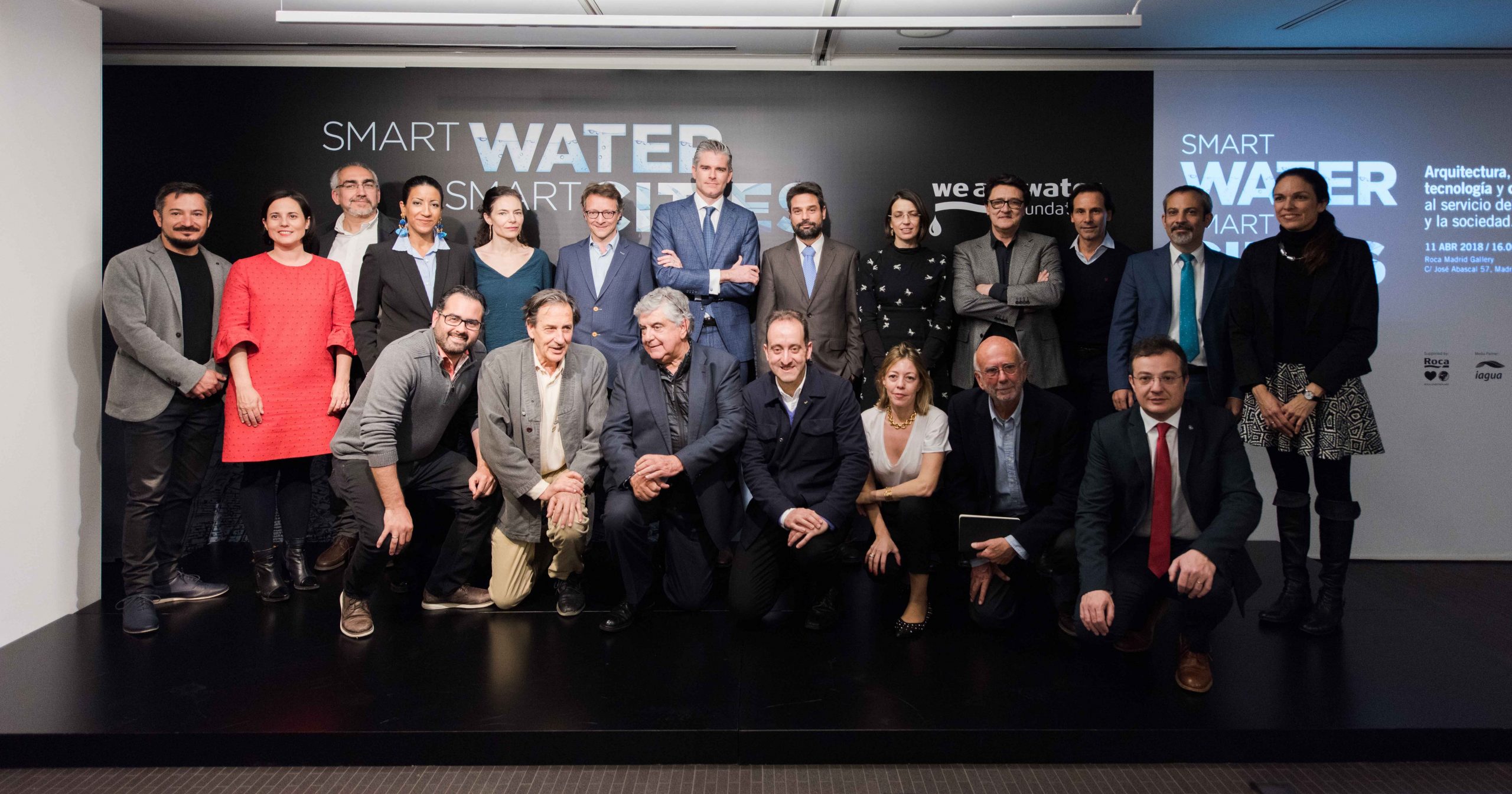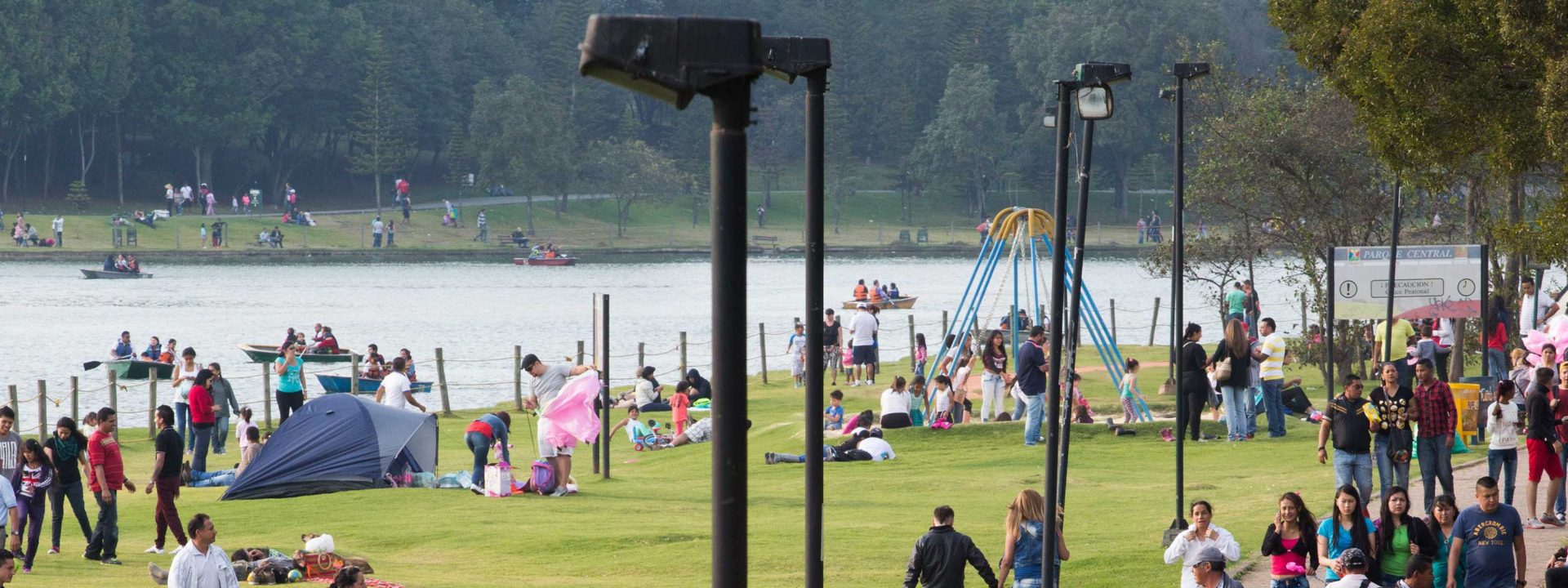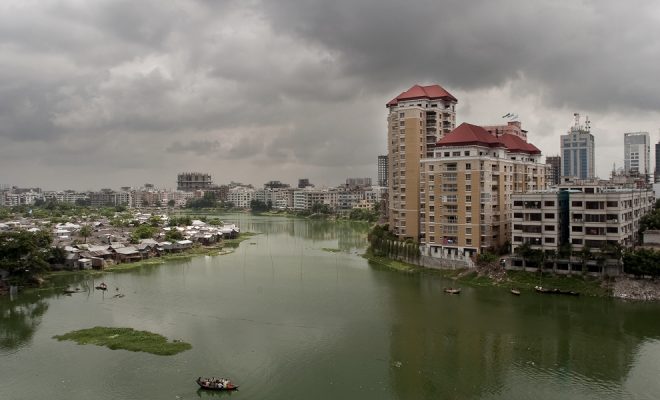Water is a key issue in cities. Its proper management is and will be increasingly essential for its inhabitants and the entire planet: at present, according to the World Bank, around 55% of the more than 7.6 billion earthlings live in cities; this means almost 4.2 billion. Cities are growing by leaps and bounds, and by 2050 this proportion will reach almost 70% of the population.
Agriculture accounts for 70% of the freshwater consumed on Earth, industry for 20% and the remaining 10% is classified as “domestic” consumption, most of which is taken by cities. This trend will increase direct consumption (water for drinking and washing) in cities, but indirect consumption will increase much more: the needs of citizens for goods and food will significantly increase the water footprint of the products that will have to be transported to the shops, so that global water stress will increase and the problem of access to water in the world will be significantly different from what we know; how different? We do not know yet, but what is certain is that it is a factor that will depend on how “intelligent” cities are.
Smartwater, Smartcities: the great challenge of water intelligence
Governments, companies and a large part of civil society present smart cities as a determining factor in solving many of the problems of access to water and lack of sanitation that are of growing concern to a society that is increasingly overwhelmed by the threat of climate change. Despite the fact that cities have the smallest share of water distribution in the world, their political and social influence and their capacity for technological leadership make them an unavoidable reference point for the planet’s environmental future.
The ‘smart’ concept encompasses a wide range of factors and disciplines – supply, sanitation, governance, architecture, tourism and technology – that need to advance in a cross-cutting and coordinated manner. This is the idea that led the We Are Water Foundation to bring together 15 experts in these areas in the Smartwater, Smartcities debate on the 11th April at the Roca Madrid Gallery.

“We have to stop talking about water with water people; we have to include all sectors”, said David Cámara, moderator of the debate. On water and city issues, progress must be made on all fronts in a coordinated manner. Smart cities can be seen as extensive intelligent automation systems capable of processing both climate and grid information and information from homes, factories and offices, where any machine will be connected to the Internet of Things (IoT) in the short term.
One of the pillars of the efficiency of this complex system is its predictability. According to Alejandro Beivide, director of the Automation and Control department at Acciona Water, “in a Smartcity we have to measure and analyse with algorithms that manage the big data in order to predict consumption and demand”. This same predictive capability can then be applied to agriculture to optimize irrigation systems and well control, for example. This process includes weather and climate data, consumption patterns, occasional population fluctuations and even epidemics, war, migratory movements, trending topics on social networks and Google queries.

Xavier Torras, director of the We Are Water Foundation
This analysis capability is shaping the smart water grid (SWG), the intelligent water network, a real oracle of supply and sanitation behaviour that will save huge amounts of water and energy and put an end to the scourge of the NRA (Non-Registered Water), which is the water lost in the supply process. Worldwide, the ANR reaches 45 million m3 per day, the equivalent of 45,000 Olympic swimming pools. It is an amount that could meet the needs of 200 million people!
But this technological deployment will not achieve its objective without the direct involvement of citizens. Achieving a majority of citizens who are austere water consumers and concerned about the care of sanitation from their homes and communities has more potential to increase the efficiency of water networks than any short-term technology, as 4.2 billion users of taps, drains and toilets have enormous transformative power. As Javier Figueras, director of Sofrel España, and expert in automation and remote control in the water market, says, “Forecasting, planning and investment are the manager’s tools, but let us not forget that an intelligent city must be synonymous with an intelligent citizen“.
Latin America, the great urban challenge
Architecture and urban planning play a fundamental role in the design of urban masses that have many water factors in common, but also many differences due to demographics, climate and the level of investment in water supply and sanitation. Latin America is an immense scenario in which urbanism and the city of the future are developed with all the known variables. The architects Jorge and Arturo Arditi explain the case of Mexico City, which is perhaps the paradigm of the great challenge that Latin American cities have with regard to water: “We are 22 million inhabitants in a geographical area that is very bad for water. The supply does not reach everyone and the government doses it. In the new buildings the recycling of water is very necessary and we lack investment”.
The high factor of urban growth is directly proportional to the degree of environmental threat and territorial imbalance, especially in a continent with enormous agricultural potential. Víctor Arroyo, coordinator of CAF’s Water Knowledge Management Unit, points out the importance of considering territory in the global water efficiency equation: “Water and land management must go hand in hand. Poor management of both has dramatic effects on the environment and on the access to water. This is what happens in many small cities that do not have the management power of both factors of large cities”.
Good governance must be developed for good management. According to Natalia Gullón, technical advisor to AECID’s Cooperation Fund for Water and Sanitation, “in many Latin American countries, water governance needs to be built, management plans need to be drawn up and partnerships need to be created to work together”.

The citizen will in fact be the ultimate manager of all systems from his or her home. Architects agree that the higher their level of knowledge and awareness, the better the energy and water efficiency of buildings will be. Education at school is a fundamental factor that all architects like Panamanian Jaime Ventura insist on: “Education in the culture of water is fundamental for us in Latin America to achieve the 2050 goals. We have to take into account that 110 million people do not have access to basic sanitation.”
The smart city, especially in terms of access to water and sanitation, has to develop on the basis of an aware and therefore also water-intelligent citizenry. Only the latter can demand a fair and efficient level of governance to achieve the great urban challenge that lies ahead.





